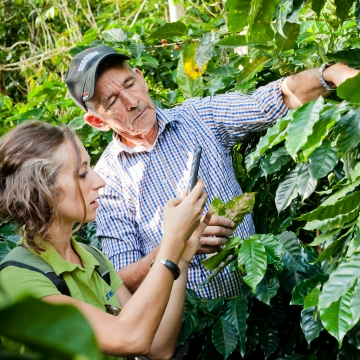Local response to global uncertainty: insights from experimental economics in small-scale fisheries.
Global change has systematically increased uncertainty for people balancing short-term needs with long-term resource sustainability. Here, we aim to understand how uncertainty drives changes in human behavior and the underlying mechanisms mediating use of behavioral strategies. We utilize a novel behavioral approach – dynamic common-pool resource economic experiments in the field – and apply it to small-scale fisheries as a system that is particularly vulnerable to global change.



